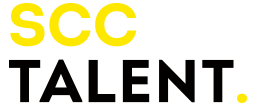Interview Tips
Job Search
Facing up to job interviews and spending time talking about yourself can be a stressful process, particularly if you haven’t interviewed for some time. As with all things, planning is everything. Preparing carefully will help alleviate some of your stress and give you a strong advantage in an interview situation.
Below are some key tips we often suggest to our candidates:
Get there on time.
This goes without saying. Do yourself a favour and carefully plan your arrival time. Aim to be 5 minutes early. A punctual arrival not too early or late is a great start.
Check the dress code.
Try to match the dress code of your employer or better as first impressions make a big impact. Look clean and tidy and avoid any loud or revealing clothes. Ask your recruiter for insight into agency dress code if you are not sure.
Don’t be afraid to shine.
Put the interview into perspective. It is a conversation between two people about your suitability for a role. Answer questions enthusiastically and clearly, be professional, but don’t be afraid to show your personality.
What’s your body saying?
Consider your non-verbal cues and mirror that of your interviewer. Be poised and confident with clear eye contact. Another simple but important signal is a good firm handshake and eye contact at the same time.
Tick all the boxes.
Research and understand as much as you can about the role and consider ways you can address the job criteria. Talk to your recruiter, review position descriptions, use your network, annual reports and the company website. Also use social media to research your interviewer particularly LinkedIn. Think of how you might discuss your skills and experience in relation to the job criteria and practice answering with your friends and family so your responses are clear and succinct.
Case Studies.
Case studies are particularly useful for agency roles. By preparing case studies and having these on hand in an interview, it can help really demonstrate the calibre and complexity of your work in an engaging way. It’s great to have tangible examples of your work, however even mental summaries you can confidently discuss will help in an interview situation and demonstrate your passion for the work.
Salary.
It’s advisable not to bring up salary during an interview. Leave that to your recruiter.
Question Time.
Make sure you have at least two questions about the role to show that you are genuinely interested in the role and have considered it carefully. Focus these questions on the work that you will be employed to do and prospects for growth and promotion.
Thank you.
It’s always a nice touch send a follow up note to your interviewer, thanking them for the opportunity and re-iterating your interest in the role.
Best of Luck! Remember planning your interview will get you the best results, and the more you practice the more confident you will feel. Role-play your interviews and have well thought out descriptions and explanations to highlight your skills in relation to the role and you’ll definitely impress!

